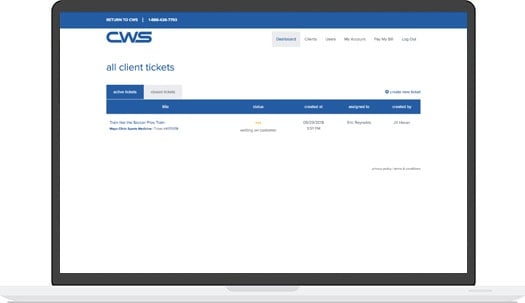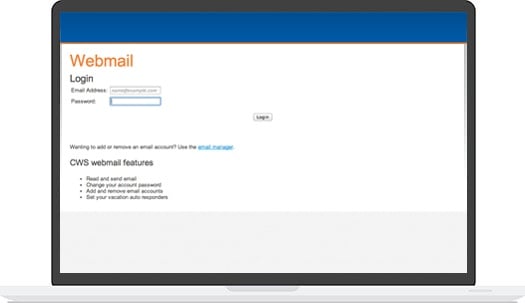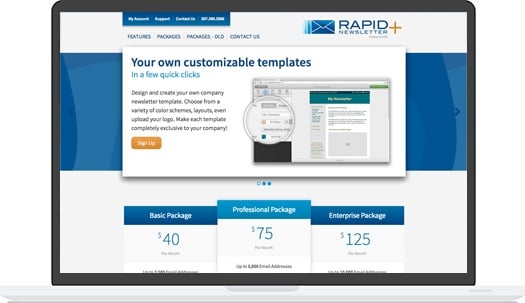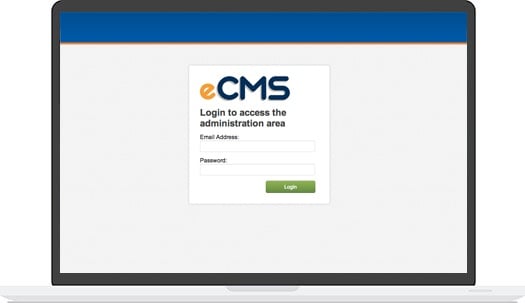Did you know that 93 percent of all online experiences start with a search engine? Or that 75 percent of internet users never scroll past the first page of Google's search results? If you want to increase your online presence and attract more people to your web pages, you need to invest in search engine optimization (SEO) — the process of increasing traffic to your site through search engine results. Web analytics tools are an important component of SEO. They let you track and analyze web data so you can find out how customers and clients interact with your content. Here's how to use web analytics to influence your SEO strategy.
The Importance of Analytics
Web analytics let you monitor key performance indicators — conversions, click-throughs, customer segments, etc. — from one dashboard, often in real time. This way, you can discover who visited your website, how they got there and what they did next.
Web analytics provide you with valuable business intelligence. Use this data to influence future marketing campaigns and optimize business processes. For example, find out how many people visited your website within a given time frame, how long they spent on your site and what keywords brought them to your business in the first place.
These tools also provide in-depth insights into your customers, which you can use to forecast future trends. Popular web metrics include geo-location information — which towns, cities and countries your visitors are from — and traffic sources. Web analytics are also useful for avoiding black hat SEO techniques, as you'll be able to identify which SEO changes have jeopardized your rankings.
Recently, more web analytics tools have focused on local SEO. These metrics tell business owners what customers in their area are searching for when they use a search engine.
Download The SEO Solution: A Complete SEO Checklist for Beginners
Best Web Analytics Tools
Some of the most widely-used web analytics tools include Google Analytics, which currently dominates the market and is used by 55 percent of all websites. Google has a suite of different analytics programs, including Analytics Solutions, a free tool that measures traffic across websites and mobile applications for more accurate insights.
Seattle-based Moz also has a range of free and paid-for web analytics programs that let you track your website traffic across various devices. Open Site Explorer, for example, lets you discover new link building opportunities.
Other web analytics tools include Kissmetrics, Hubspot and Open Web Analytics.
What to Look for When Choosing a Tool
A good web analytics should be easy enough for everyone in your sales and marketing department to utilize. It should provide you with important data that you can use to improve your rankings on the search engine results page, too. If a particular tool is complex, make sure the vendor provides adequate start-up and maintenance support.
If you unsure about which web analytics tool to incorporate into your SEO strategy, use a local SEO expert who can point you in the right direction.
Google now generates over 57,000 searches every second, or 2 trillion searches per year. If you want to outrank your rivals and attract more prospects to your web pages, web analytics are a useful tool in your SEO toolbox. These programs let you decide whether SEO services are working and where you need to make changes.
Want to make sure you’re using SEO best practices on your website? Check out our SEO Checklist for Beginners!

.jpg?t=1533315998368) How-To Articles
How-To Articles Support Portal
Support Portal Webmail
Webmail Rapid Newsletter+
Rapid Newsletter+ eCMS
eCMS

 Alex Slack is a Project Manager and Content Creator. Her magic formula for marketing success is summarized by the 3Cs: communication, creativity, and care. She will help manage your project from the initial brainstorm session, to the height of your campaign and beyond. Let Alex guide you and help simplify this crazy world of digital marketing!
Alex Slack is a Project Manager and Content Creator. Her magic formula for marketing success is summarized by the 3Cs: communication, creativity, and care. She will help manage your project from the initial brainstorm session, to the height of your campaign and beyond. Let Alex guide you and help simplify this crazy world of digital marketing!
